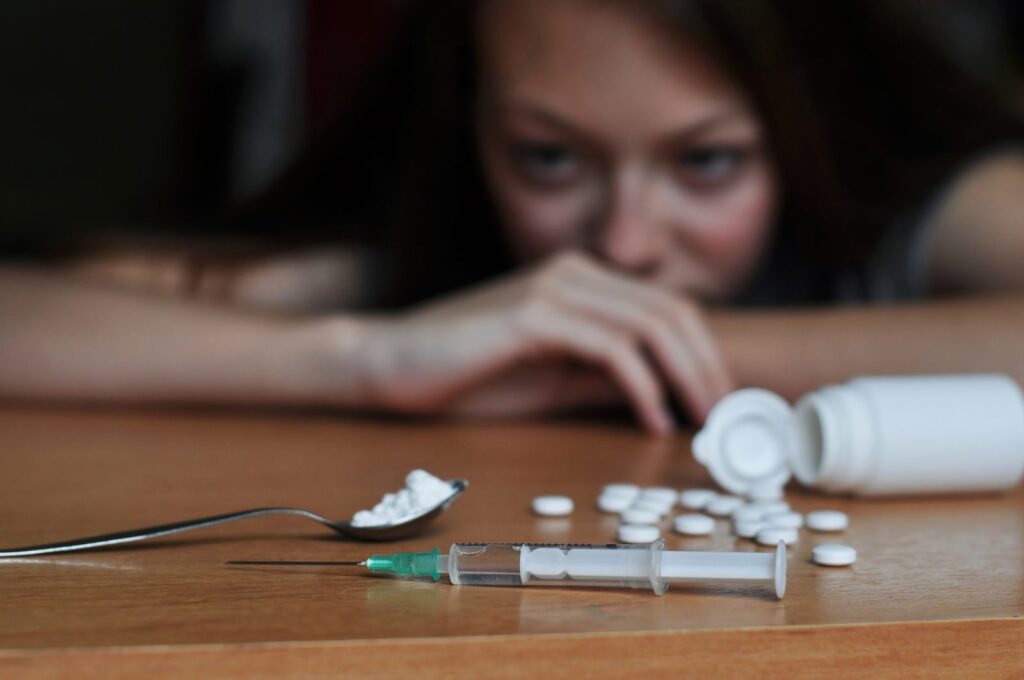Every day that you wake up is a new day to dream and to heal. Starting on the path to recovery from drug and alcohol addiction is not easy. The process of detoxification involves purging your body from harmful toxins while simultaneously dealing with the emotions that arise during recovery. It can be an overwhelming experience that requires a great deal of determination and willpower. At Magnolia Ranch Recovery, we believe in taking a holistic approach to recovery that includes meditation, mindfulness, and other Zen techniques. Check out these ten compassionate tips on finding inner peace during your drug and alcohol detox.
Meditate Daily
Try sitting cross-legged with your eyes open for 3 minutes. Just observe yourself and your surroundings and take some deep breaths. The key to meditation is starting slow, and making it a daily habit will allow you to progress naturally. Through observation of the breath and mind, you’ll begin to manage your stress and anxiety from a point of observation rather than relaxation. Getting centered and balanced is what you need right now.
Our meditation classes put drug and alcohol detox at the center of your practice so that you can begin to learn life skills that will stop relapse in its tracks and contribute to inner growth. Who are you outside of drug addiction? And since when did you let anything define you? Taking a few minutes each day to focus on your breath and calm your mind can help you feel more centered and balanced. Get to the root of your emotions and triggers by adding a bit of meditation to your morning routine or before bed. And try your best to find a place to meditate with a group of other people at least once a week.
Practice Yoga
Just like meditation, yoga is both physically and mentally beneficial during any detox. It helps to improve flexibility, strength, and balance while also promoting relaxation and stress relief.
Yin yoga is probably one of the best practices for patients who are detoxing because it allows them to relax into a pose for long periods of time. This realigns the tensions in your muscles and helps patients sit with their aches and pains in a productive way. Lessons from a yin yoga class carry over into your daily life and help you remember that even when things feel uncomfortable, you are okay. Consider joining a local yoga studio to find a community of like-minded individuals to support you on your journey.
Engage in Mindful Breathing
Practicing mindful breathing is something that you can do at any time during the day. Just pause and focus on your breath. How does your breath feel? Is it cold? Is it hot? Ahhh, relax with this simple but powerful technique for staying present and calm during detox. Taking a couple of minutes to focus on your breath can help to reduce feelings of anxiety and worry, so give it a try! Take deep, slow breaths in and out for a few minutes each day.
Connect With Nature
When was the last time you went for a hike or swam in a lake? Spending time in the elements has a calming effect on the mind and body that can help reduce stress and promote a sense of peace and harmony. Tree hugging is a real thing, so give it a try and take a walk in the park this afternoon or simply sit outside and enjoy the sounds of the birds and the bees,
Keep a Journal
Journaling is a great way to express your thoughts and feelings during detox. It can be a cathartic experience and help to alleviate anxiety and worry. Try writing down your thoughts each day and reflecting on your progress.
Practice Gratitude
Focusing on the positive aspects of your life can help to improve your overall mood and mindset during detox. Take a few moments each day to think about what you are grateful for, whether it be a supportive friend or family member, a beautiful day, or a delicious meal.
Limit Stimulants
During detox, you should try your best to limit caffeine, sugar, and other stimulants. These substances can negatively impact your mood and energy levels, making it more difficult to keep your focus and calm.
Get Adequate Rest
Getting enough sleep is crucial during detox. It allows your body to repair and regenerate, and your body is going through a massive shock right now if you are detoxing. Aim to get at least 7-8 hours of sleep each night and create a calming bedtime routine to help you unwind.
Practice Forgiveness
Forgiving yourself and others is so important. You need to release any feelings of guilt and shame that often arise during detox. We understand that this is a difficult process, but by letting go of grudges and resentments, you can find inner peace and move forward with your recovery.
Stay Connected
One of the most important aspects of recovery is having a support system. Whether it be a therapist, support group, or trusted friend, make sure you have someone to talk to and lean on during this difficult time. Staying connected can help you feel less alone and more empowered.
It is possible to find inner peace again. And each day, when you wake up, you have the opportunity to choose to be better. Now is the time to build good habits that keep you in check and accountable for your progress. At Magnolia Ranch Recovery, we believe that when mindfulness and other zen techniques are incorporated into the detox process, it helps our clients find balance.
By practicing meditation, yoga, and things like art therapy, you can combat stress and anxiety and get your life back. Contact us today, and remember: recovery is a journey, not a destination, and by staying committed to your wellness and self-care, you can overcome addiction and find the peace and freedom you deserve.



















